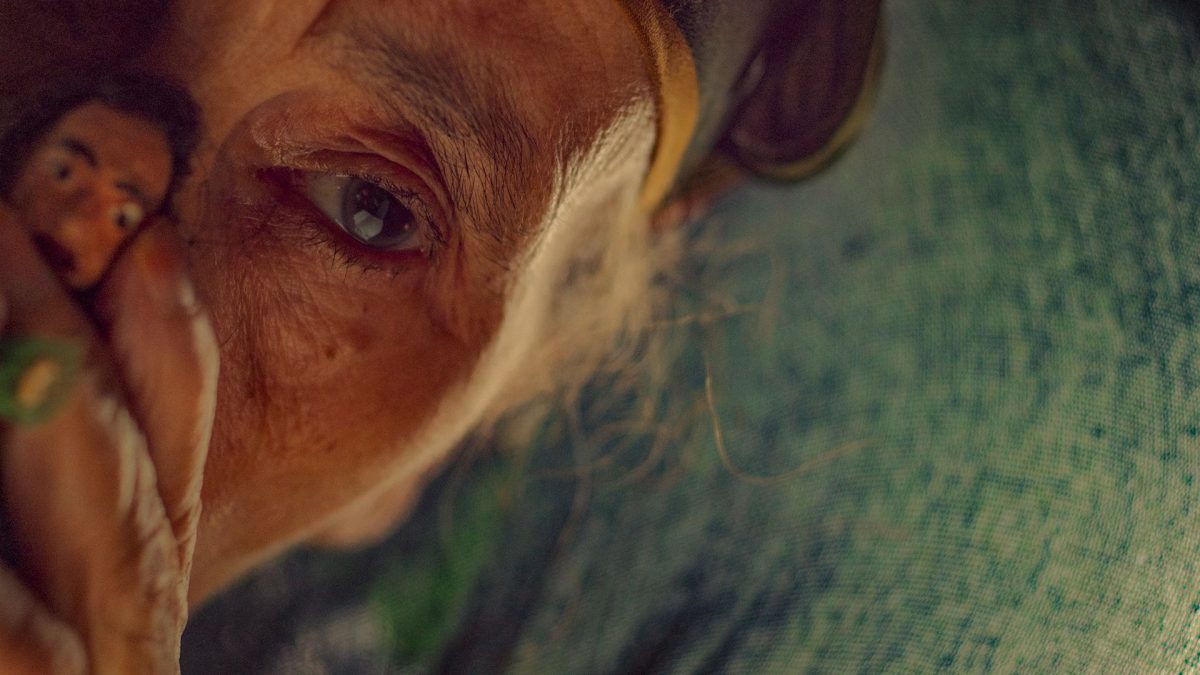Director Asmae El Moudir’s documentary film, “The Mother of All Lies,” follows El Moudir’s recollection of her and her family’s memories of the 1981 Casablanca bread riots in Morocco. The film takes a unique approach, as all the characters are interviewed separately to display their own perspectives and recollections.
“The Mother of All Lies” is El Moudir’s second feature film that is self directed and produced . The film premiered at the 2023 Cannes Film Festival, and screenings of the documentary were held at the Sundance Film Festival on Jan. 22 in Park City, Utah. Filmed exclusively in Arabic the film features English subtitles to make it more accessible to viewers.
El Moudir’s grandmother had a rule of not having or taking photos in the house during her childhood. The film starts with El Moudir wondering why her grandmother had this rule in place. After asking, she realizes it leads back to the bread riots and the trauma it left behind in her family.
The film begins with El Moudir questioning her grandmother’s rule of no pictures being taken in their house. After asking, she realizes it can be traced back to a place of trauma from the bread riots.
Casablanca’s bread riots took place after Morocco’s economy crumbled and product prices increased. The citizens of Casablanca rioted against the raised prices and were stopped with deadly force, leaving many families grieving the loss of loved ones.
El Moudir used clay figurines and models in this film to illustrate the experiences of her family members and others who lived through the bread riots.
Seeing the events portrayed through the clay models helped me understand the pain and fear of the riots.
When speaking about those who died during the riots, El Moudir focused on a friend who was killed in the riots, Fatima. El Moudir was able to interview and include Fatima’s sister in the film while showcasing Fatima’s achievements made before her passing.
“The Mother of All Lies” uses close-up shots of the characters when they speak or are being spoken to, these shots helped to create a deeper understanding of past events and trauma.
El Moudir shows her grandmother in a powerful light and the hold she has over family members while making sure to use descriptive language when it comes to her grandmother’s actions and goes as far as to call her grandmother a “dictator.”
El Moudir’s grandmother is shown to be very cruel and short-tempered, which causes everyone in the home to verbally show their dislike of her, but they respect her when she speaks out of fear.
“The Mother of All Lies” ends by disclosing that El Moudir is the filmmaker as she urges the viewers to keep it a secret from her grandmother, thus furthering the notion of fear felt towards her.
Although documentaries are usually not my first choice, El Moudir kept me entertained and wanting to know more about the stories her family told. The film did a good job of making me feel like I was in the room with them and part of their discussions.
El Moudir successfully told a deeply personal story of loss while providing tension and leaving me with the desire to know more about her and the stories surrounding the 1981 Casablanca bread riots.














